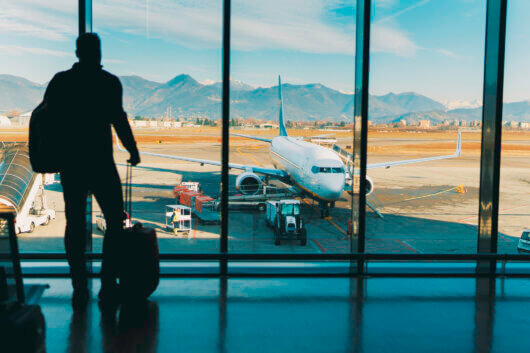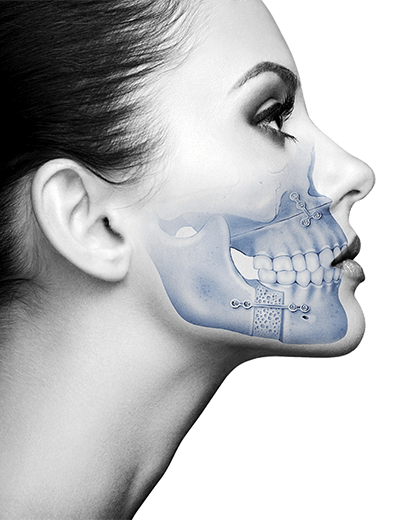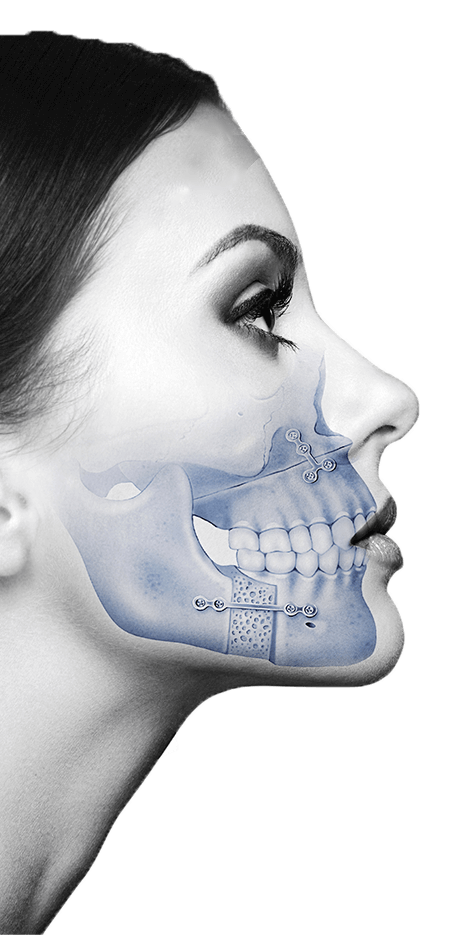During the first few days after orthognathic or orthofacial surgery, patients often experience swelling, discomfort, and limited movement of the jaw. Eating can be challenging and patients are generally advised to stick to a soft food diet. The jawbone will gradually heal and swelling will subside over time, allowing patients to resume a more regular diet and daily activities.
Now for the big question: Is it safe to fly on an airplane after orthognathic surgery? The answer is not a simple "yes" or "no" as it depends on several factors and the stage of your recovery. Here are some important considerations:
- Consult your Surgeon: The first and most crucial step is to consult your surgeon, who is the right person to assess the progress of your recovery and provide personalized advice. If you have a follow-up appointment scheduled, be sure to discuss your travel plans during this visit.
- Right Time: The timing of the flight is an important factor. Flying soon after surgery is generally not recommended, especially during the first few days when you are likely to experience the most discomfort and swelling. It is best to wait until your surgeon gives you the go-ahead to travel by plane.
On average, our international patients stay in Barcelona between 1 week and 10 days after their surgery. Although each case is different and travel recommendations may vary.
- Healing Progress: Each individual's healing process varies. If your surgeon determines that your jaw has healed sufficiently and you are comfortable with jaw movement, they may consider clearing you for air travel.
- Pressurization and inflammation: Airplanes are pressurized, and pressure changes during flight can cause pressure changes in the ear. If your surgeon authorizes you to fly, be sure to follow his advice to manage these problems during the trip: for example, in our center we recommend opening and closing movements of the mouth to balance pressures during takeoff and landing. It is also important to take into account that, if headaches and facial pressure occur, they will disappear at the end of the flight.
- Hydration and Medication: Flying can cause dehydration, so staying hydrated is essential for recovery. Also, if you are taking any medication, be sure to take it with you and follow the prescribed dosing schedule while traveling.

In conclusion, flying on an airplane after orthognathic surgery is possible, but you should first consult with your maxillofacial surgeon.
It is important to keep in mind that each person has a different physiological response, and what might be right for one person may not be right for another. If you have any questions or concerns about flying after orthognathic surgery, please contact your medical professional for personalized guidance and advice.








